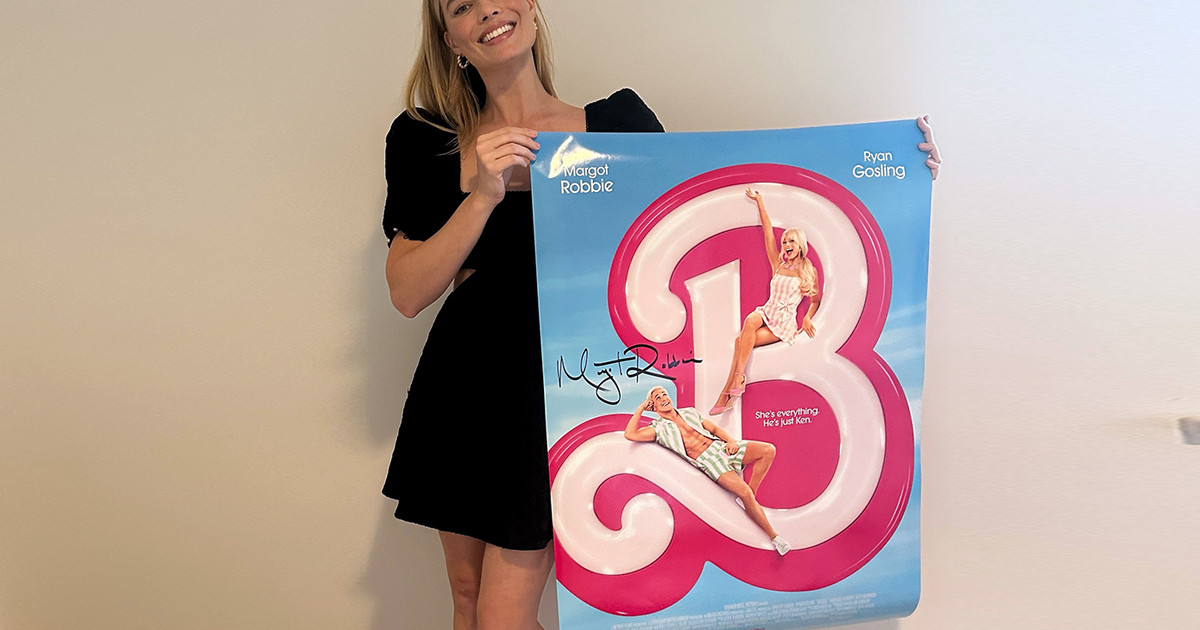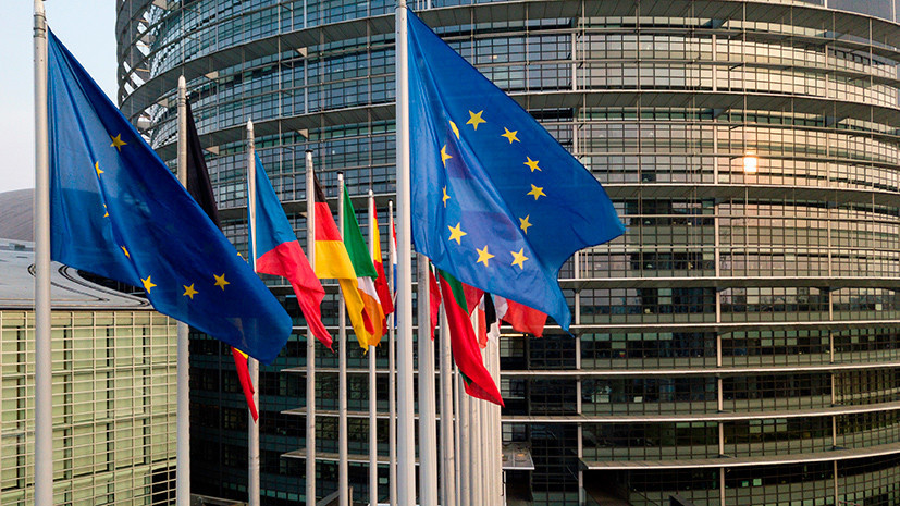Children born after 2020 have virtually no knowledge of a world free of masks and restrictions of some sort, including social distancing. since the beginning of Covid-19 pandemic scientists assess the potential impacts of coronavirus infection on pregnant women and babies in development.
One of the points under investigation is the possibility of immunizing newborns, through the transmission through the placenta of antibodies during pregnancy from mothers who came into contact with the virus or who were vaccinated against the disease.
Brazilian scientists go further and seek to identify possible delays in child development caused by the pandemic context.
The studies are conducted by researchers from the Federal University of Uberlândia (UFU) and the Federal University of Minas Gerais (UFMG) in partnership with the Center for Actions and Research in Diagnostic Support (Nupad) and the State Health Department (SES-MG). ).
The survey, which began in April 2021, is following 560 babies born during the pandemic. The babies participating in the research were born in early 2021 in the municipalities of Uberlândia, Ipatinga, Contagem, Nova Lima and Itabirito.
The criteria for choosing the five municipalities were the prevalence rate of Covid-19, the number of births per month and the existence of a support network for the need for rehabilitation of children with changes in neurodevelopment tests.
Specialists assess the degree of development of babies through two methodologies, the Bayley and ADL (Assessment of Language Development) scales. Still in progress, the evaluation relies on the use of games and recreational activities with the little participants.
So far, experts have identified that both children who had antibodies and those who did not have some suspected developmental delay – a rate of about 22% .
According to Vivian Azevedo, professor of the physiotherapy course at UFU and responsible for data collection in Uberlândia, this information points to the fact that the family environment in which these babies are inserted is most responsible for possible impairments in development and language.
“Through the SWYC, which is a screening questionnaire carried out over the phone, we found that about 52% of babies were suspected of having some type of behavior problem, such as irritability and inflexibility,” says Vivian, in a statement.
The first screening was performed at six months of age, through a telephone survey carried out with the mothers. The researchers’ attention was drawn to the presence of risk factors in the family environment, such as abusive use of alcohol and drugs (32%), food insecurity (29%) and maternal depression (16%).
“Compared with previous studies, the psychosocial vulnerability found in this sample was higher than that observed before the pandemic,” says Professor Cláudia Lindgren, from the Department of Pediatrics at the UFMG School of Medicine, in a statement.
continuous monitoring
Now, at 12 months of age, the babies are undergoing developmental and language assessment to confirm the diagnosis.
“We carry out a series of tests to confirm the suspicion of delay and, if necessary, start an intervention as soon as possible and minimize possible long-term losses”, says Cláudia.
About 4,000 people were tested, including mothers and babies. Of these, 1,917 were eligible for study and 279 children (15%) had antibodies against SARS-CoV-2. The heel prick test was chosen because it is one of the main neonatal tests and used in the detection of several other diseases.
The search for antibodies against the coronavirus was done in the first week after delivery. The children were separated into two groups: one with 196 mothers with positive serology for Covid-19 and another with 364 mothers who tested negative.
The experts point out that no difference was observed in the development of babies between the two groups.
“Our hypothesis is that environmental risks outweigh the direct effects of SARS-CoV-2 infection on babies during pregnancy, that is, developmental and behavioral problems are more related to the psychosocial stress experienced by families during the pandemic” , observes the teacher.
Since April 2022, cases with suspected delay are being evaluated in person with tests to diagnose developmental and language problems, which will generate more robust evidence about the scenario. The follow-up will last two years and will be done via telephone surveys, consultations and developmental tests of the babies of the two groups studied.
Source: CNN Brasil






